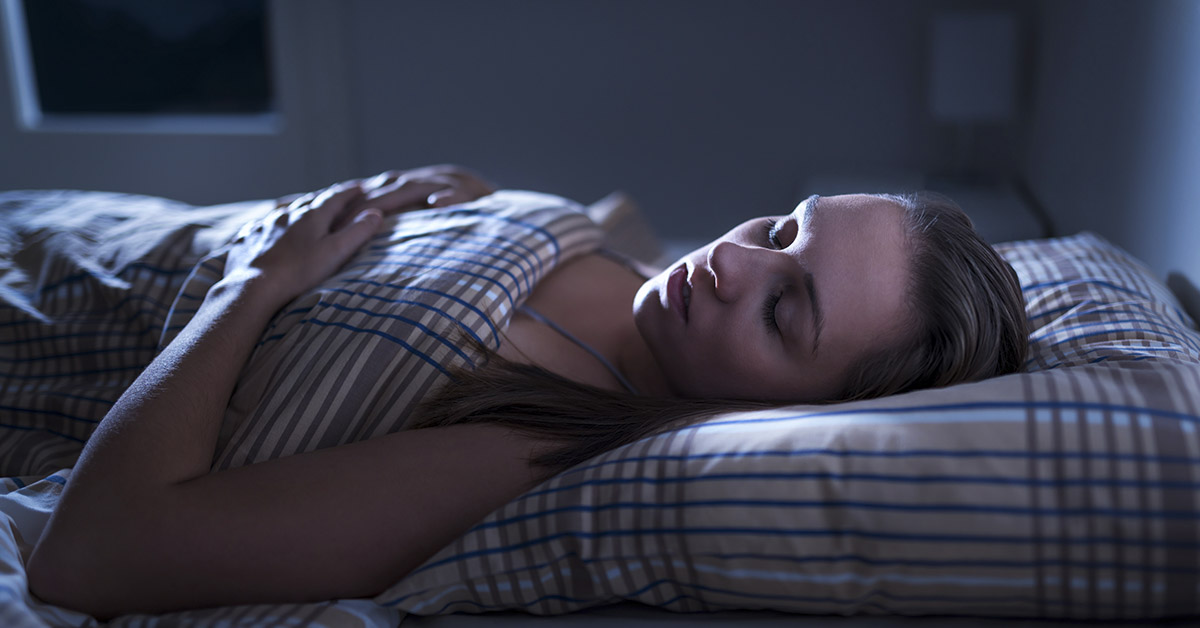Melatonin is a hormone that your brain produces to help you sleep at night. Darkness is one of the key elements that trigger your brain to produce melatonin so that you will go to sleep. This is why being exposed to light at nighttime can block melatonin production and prevent you from getting into a good circadian rhythm (sleep-wake cycle). Thankfully, there are some high in melatonin foods that can also help you produce more of the sleep-inducing hormone and get a better night’s sleep.
High In Melatonin Foods To Help You Sleep Better

Melatonin is an extremely important hormone in our bodies. Not only does it help us to sleep better at nighttime, but some research shows that it might actually function as an antioxidant, protecting your cells from damage and fighting systemic inflammation. Reducing exposure to light, especially blue light emitted by screens like phones and laptops, can help you produce more melatonin and sleep better. Melatonin is made by some plants, animals, and microorganisms, so there are high in melatonin foods, as well, that can help you get some more shut-eye. (1)
Read More: 6 Things You Shouldn’t Do In Bed to Get a Good Night’s Sleep
Milk
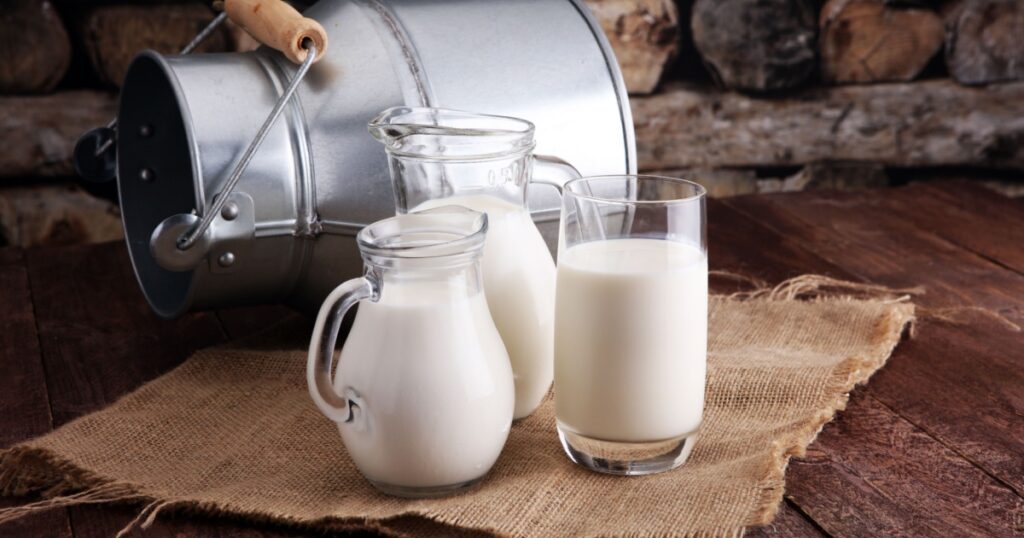
Did you grow up being given a warm glass of milk before bed, being told it will help you sleep better? Turns out that’s not just an old wives’ tale. Milk is high in tryptophan and melatonin, both of which help you to feel sleepy. (2) The amount of melatonin in milk, however, varies depending on when the farmers milked their cows. At nighttime, the milk contains 10 times more melatonin than milk collected in the morning. (3)
Nuts
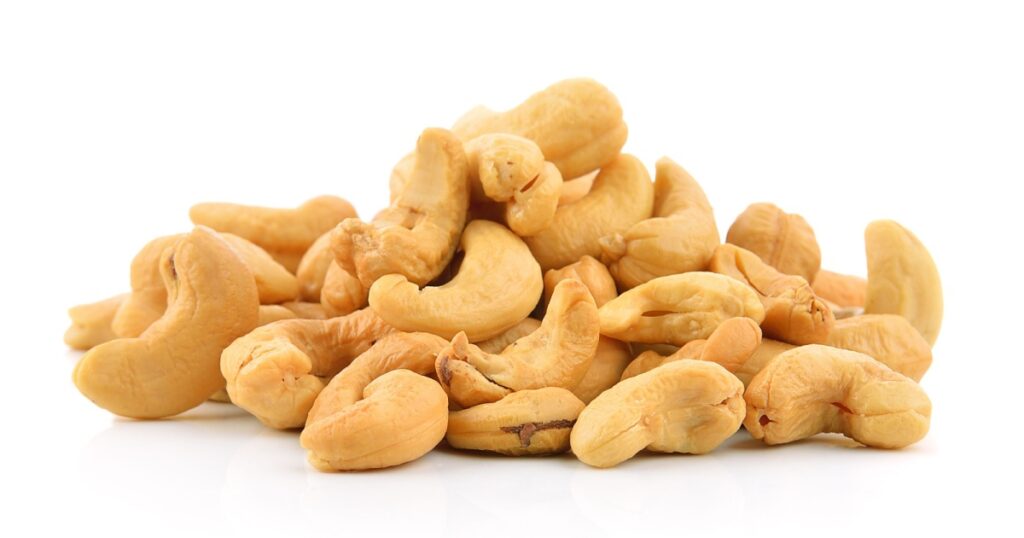
Are you a big trail mix fan? If so, you might want to consider making that a part of your nighttime snack routine more regularly. Nuts such as almonds, pistachios, cashews, and walnuts are all melatonin-containing foods. They also contain essential vitamins and minerals that can assist your body in a variety of ways, including converting tryptophan into melatonin. (4)
Mushrooms
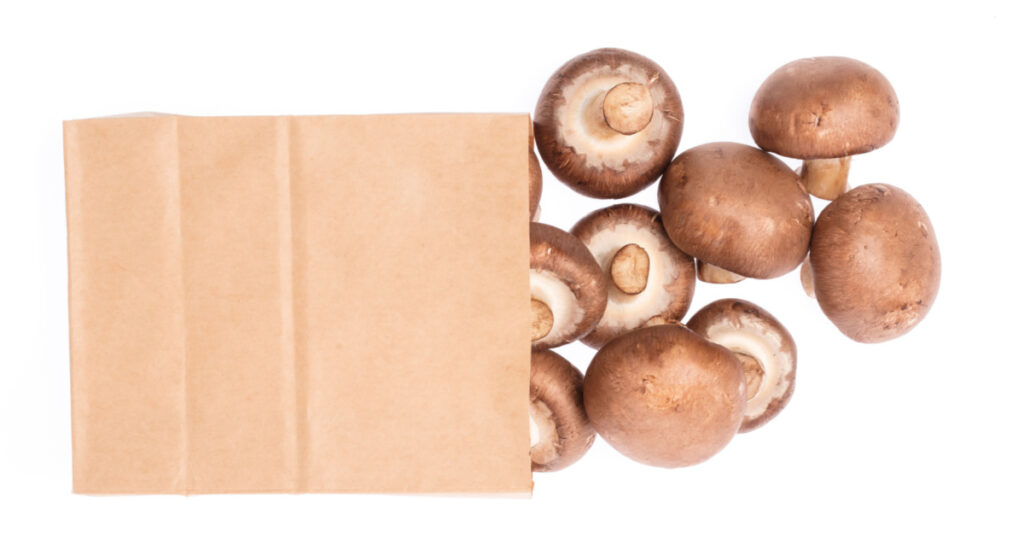
Mushrooms have many health benefits, and helping you sleep better is one of them. Though all types of mushrooms are a good source of tryptophan and melatonin, reishi mushrooms have been shown to have the most sleep-inducing effects. (5)
Eggs
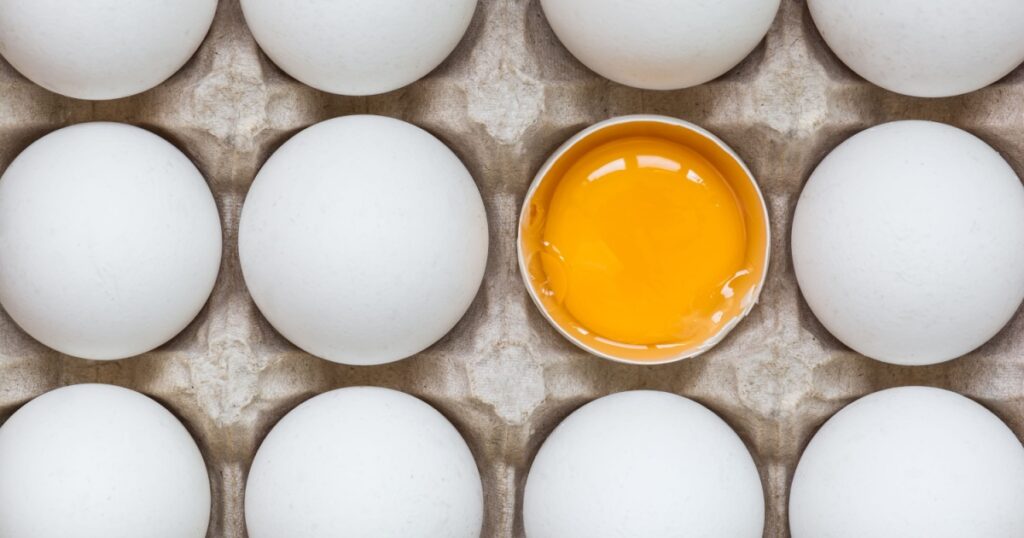
Everyone talks about Turkey being a sleep-inducing protein, but the classic Thanksgiving and Christmas dinner poultry’s got nothing on eggs. Besides being a nutritional powerhouse for so many important nutrients and essential amino acids, eggs are top of the list of animal sources of melatonin. (6)
Read More: 4 Natural Ways to Stop Teeth Grinding and the Headaches, Poor Sleep and Tooth Decay It Causes
Tart Cherries
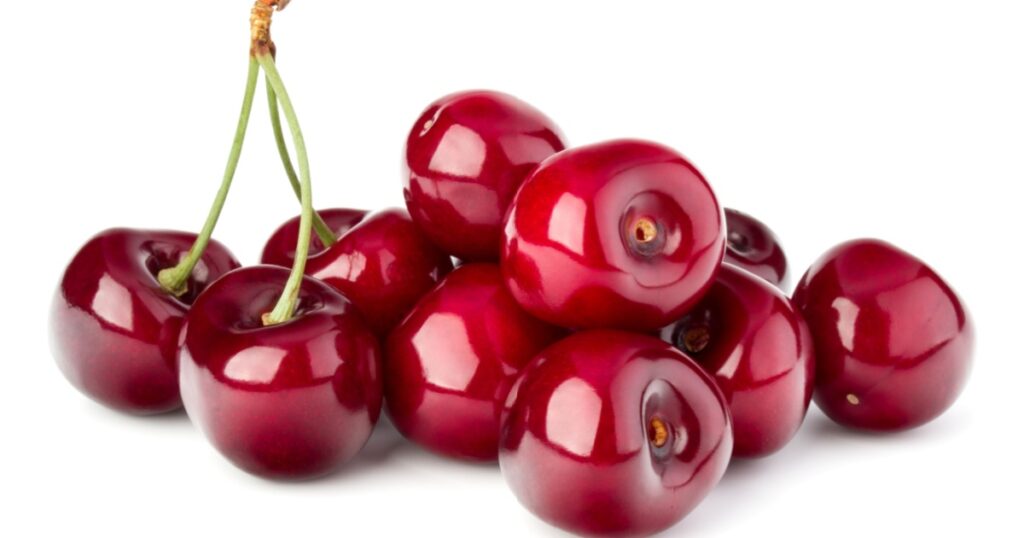
Tart cherries are known for their anti-inflammatory benefits, but they are also a great source of melatonin for sleeping. You can reap the benefits of melatonin-producing cherries both by drinking tart cherry juice or by actually eating cherries themselves. Benefits to eating cherries are the extra fiber and also you will end up consuming less sugar. Other fruits known for sleep benefits include kiwis and goji berries.
Fatty Fish
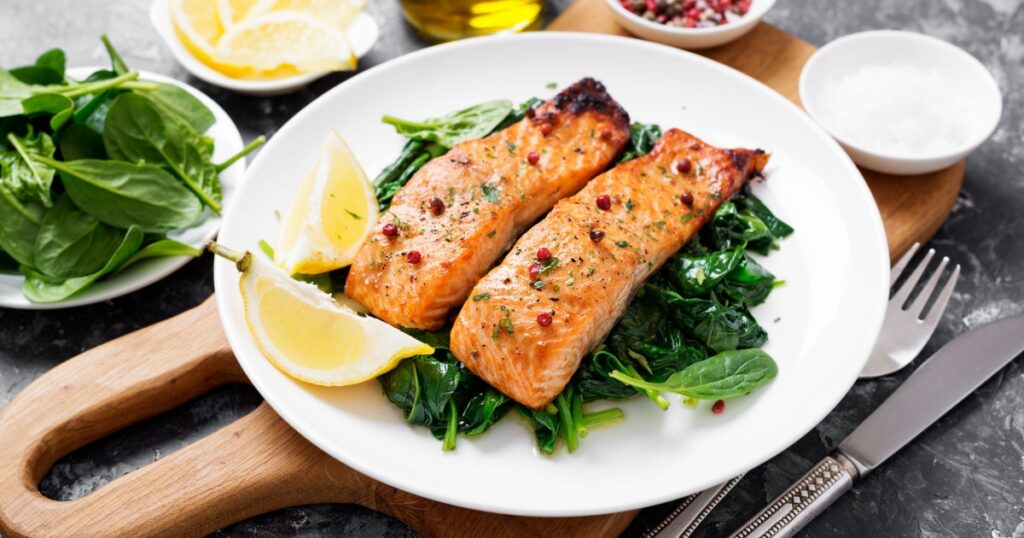
Fatty fish such as salmon continues to be a nutritional favorite, this time for its job as a sleep aid. Studies have shown that eating fatty fish once a week can help improve sleep and IQ, especially in children. (7) Further research has linked these benefits to the high content of omega-3 fatty acids. (8)
What About Melatonin Supplements?
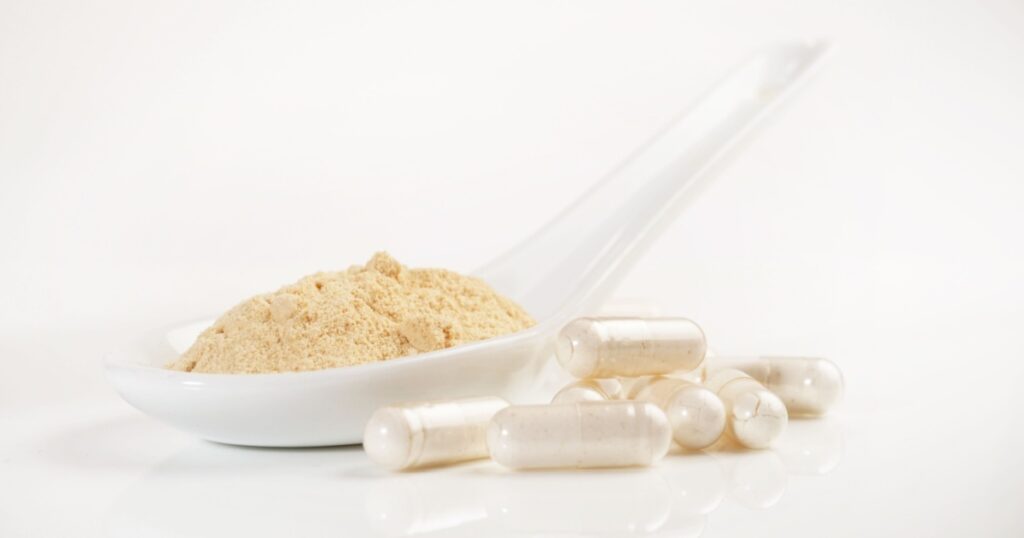
Melatonin supplements can be a useful, occasional tool to help you sleep when it is difficult. They can help to offset the effects of jetlag, assist shift workers to adjust to new routines, and can help you get some shut-eye during more stressful periods of your life. They can come in various formats including capsules, gummies, sublingual tablets, and liquids. It is best, however, not to get into the habit of taking these regularly, as it is still a supplement that can have side effects and consequences. Always talk to your doctor before taking something new, especially if you are on other medications. Lastly, never take melatonin before operating a vehicle or any kind of machinery. (9)
Read More: The Link Between Childhood ADHD and Sleep Disorders That Can’t Be Ignored
This site contains product affiliate links. We may receive a commission if you make a purchase after clicking links on this page.
Sources
- “Melatonin: What You Need To Know.” NCCIH
- “Milk Collected at Night Induces Sedative and Anxiolytic-Like Effects and Augments Pentobarbital-Induced Sleeping Behavior in Mice.” NCBI. Irene Joy I. Dela Peña, et al. November 2015.
- “Dietary Sources and Bioactivities of Melatonin.” NCBI. Xiao Meng, et al. April 2017.
- “The Best Foods To Help You Sleep.” Sleep Foundation. Eric Suni. September 19, 2022.
- “Ganoderma lucidum promotes sleep through a gut microbiota-dependent and serotonin-involved pathway in mice.” Nature. Chunyan Yao, et al. July 1, 2021.
- “Foods High in Melatonin.” WebMD. WebMD Editorial Contributors.
- “Weekly fish consumption linked to better sleep, higher IQ.” Science Daily. University of Pennsylvania. December 21, 2017.
- “Differential Effects of DHA- and EPA-Rich Oils on Sleep in Healthy Young Adults: A Randomized Controlled Trial” NCBI. Michael J. Patan, et al. January 2021.
- “Melatonin.” Mayo Clinic. Mayo Clinic Staff.
